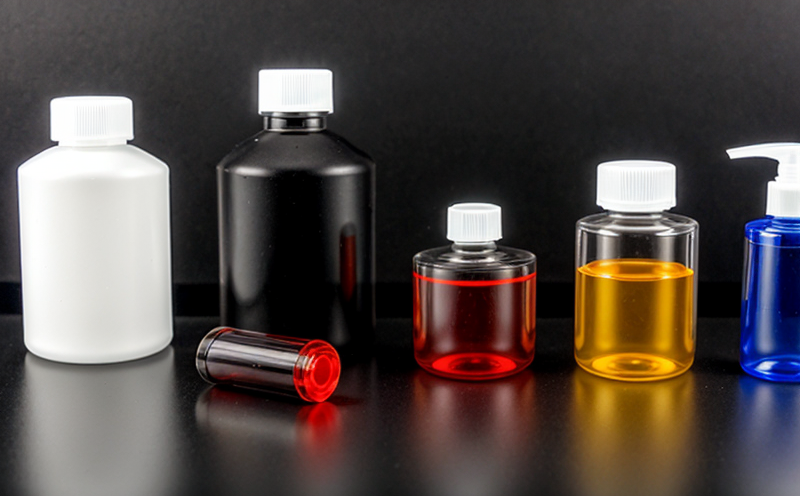DIN EN ISO 527 Tensile Testing of Polymer Nano Additive Materials
The DIN EN ISO 527 standard is one of the most widely recognized and applied standards for tensile testing in materials science. This particular service focuses on the application of this standard to polymers that have been modified with nano additives, a rapidly growing field in both industrial and consumer sectors. The use of nanomaterials in plastics and polymers aims at enhancing various properties such as strength, flexibility, thermal stability, and electrical conductivity.
The testing process under DIN EN ISO 527 involves subjecting the polymer samples to tensile stress until they reach their breaking point or yield. This service is crucial for ensuring that nano additives are effectively incorporated into polymers without compromising their mechanical integrity. The precise control over specimen preparation, environmental conditions during testing, and the use of appropriate instrumentation are key factors in obtaining reliable results.
One of the primary challenges when working with nano additive materials is achieving consistent distribution within the polymer matrix. Any inconsistencies can lead to variations in material properties that could affect test outcomes. Therefore, it’s essential to follow strict protocols for sample preparation, which include dispersion techniques and characterization methods to ensure uniformity.
The testing equipment used must be capable of applying controlled loads at various rates while maintaining precision throughout the entire measurement range. Advanced systems often incorporate automatic data acquisition capabilities allowing real-time monitoring of strain, stress, and other relevant parameters. Additionally, post-test analysis plays a significant role in interpreting results accurately; this includes examining residual stresses within specimens, fracture surfaces, and any microstructural changes induced by processing.
Another important aspect is understanding how nano additives interact with different polymer types since not all nanomaterials behave similarly across various substrates. For instance, silica nanoparticles may exhibit very different behaviors depending on whether they are used in thermoplastics versus thermosetting resins. Such insights help tailor the testing approach accordingly to achieve meaningful comparisons between samples.
Understanding customer needs is critical for delivering high-quality results that meet regulatory requirements and support innovation efforts. By leveraging our expertise in nanotechnology along with state-of-the-art facilities, we offer customized testing solutions designed specifically around your unique challenges. Our team works closely with clients throughout the entire process—from initial consultation through final report delivery—to ensure complete satisfaction.
- Consistent results
- Compliance with international standards
- Advanced analytical techniques
- Expert interpretation of data
Applied Standards
The DIN EN ISO 527 series of standards covers tensile testing for plastics and elastomers. It specifies the methods for determining mechanical properties by uniaxial tension tests on specimens cut from test pieces. For nano additive materials, these general principles are extended to account specifically for their unique characteristics.
When performing DIN EN ISO 527 testing on polymer nanocomposites, several key aspects must be considered:
- Determination of tensile strength and elongation at break
- Evaluation of how nano additives influence stress-strain behavior
- Assessment of any microstructural changes due to the presence of nanoparticles
- Potential impacts on processing characteristics such as flowability or viscosity
The standard also provides guidance on selecting appropriate specimen dimensions based on expected load ranges and desired resolution. Proper selection ensures accurate representation of real-world conditions under which these materials will be used.
Scope and Methodology
DIN EN ISO 527 specifies the principles for tensile testing, including the preparation, conditioning, and handling of specimens. In the context of nano additives in plastics and polymers, this includes:
- Preparation of samples with well-dispersed nanomaterials
- Conditioning to specified temperature and humidity levels before testing
- Handling during loading to prevent specimen damage or deformation
The methodology involves applying a controlled load at a constant rate until failure occurs. Key parameters include:
- Loading speed: Typically between 10 mm/min to 50 mm/min depending on the material properties and application requirements.
- Specimen dimensions: Standardized sizes such as哑:<|im_start|><|im_start|>⚗️





